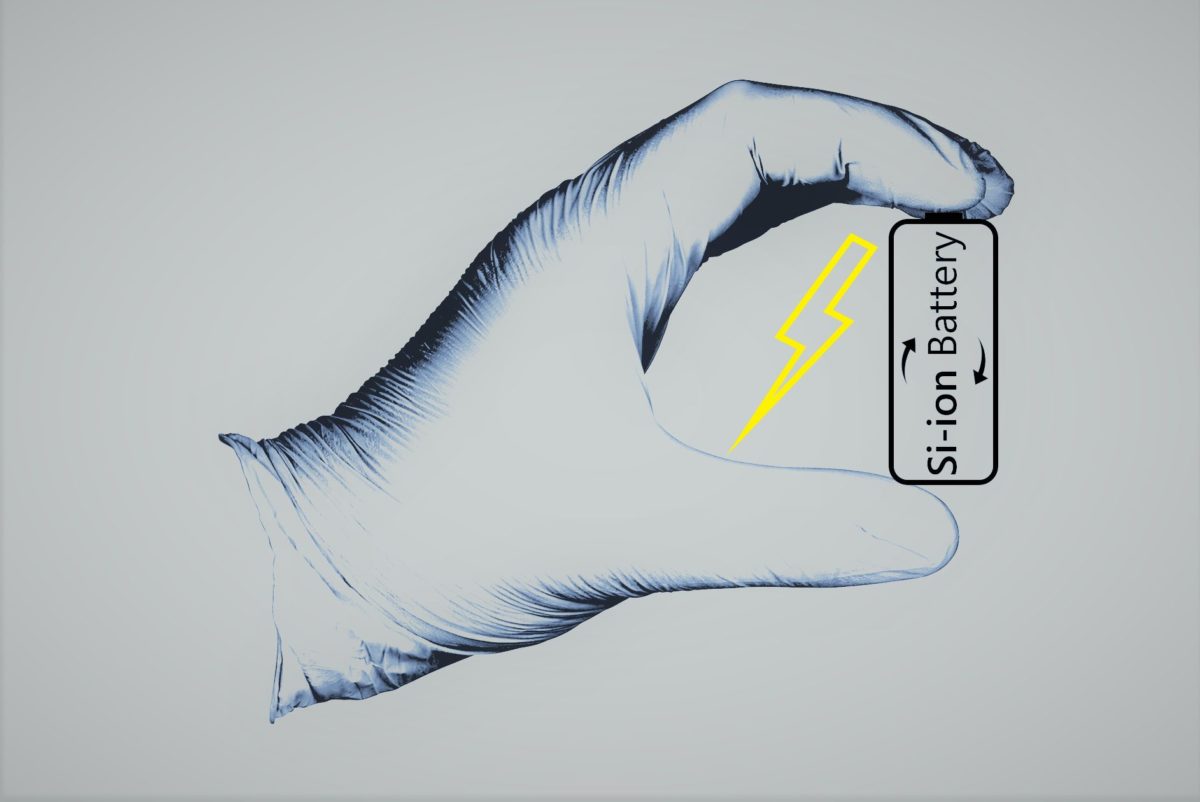From pv magazine Global
Researchers from the Technion – Israel Institute of Technology have designed a rechargeable silicon (Si) battery for stationary storage applications that can be reversibly discharged at 1.1 V and charged at 1.5 V.
The device combines a reversible Si anode with halide cathodes and uses hybrid electrolytes to enable cell recharging. In the proposed system configuration, silicon is dissolved during the battery discharge process, and upon charging, elemental Si is deposited. The hybrid electrolytes, which were tailored with halides such as bromine and iodine, reversibly support the Si electro-dissolution and electrodeposition processes in the same cell formation.
“During the discharge process, Si electrodissolution occurs at the anode and, dissolved halides are reduced at the cathode,” the scientists said. “The charging process entails Si species electrodeposition and halide oxidation.”
They assembled all cell components in an Ar-filled glovebox and prepared the silicon electrodes from n-type 4′′ silicon wafers. They also left the cells to rest for three hours to detect possible leakage and used platinum foils as counter electrodes.
After several cycles, the battery achieved a coulombic efficiency of approximately 80%, while showing gradual cell degradation. The cell showed limited power capabilities of 0.1 mA cm–2,” the scientists said. “The presence of appreciable fluoride species is crucial in both establishing surface activation and battery operation, and their depletion is directly linked to cell performance degradation.”
The academics presented the novel battery concept in “Rechargeable Silicon Redox Batteries,” which was recently published in Advanced Energy Materials.
“The feasibility of the new design paves the way for higher specific energy devices aiming towards the segments of low power applications. These findings undoubtedly warrant further investigation and electrolyte optimisation,” they said.
This content is protected by copyright and may not be reused. If you want to cooperate with us and would like to reuse some of our content, please contact: editors@pv-magazine.com.









1 comment
By submitting this form you agree to pv magazine using your data for the purposes of publishing your comment.
Your personal data will only be disclosed or otherwise transmitted to third parties for the purposes of spam filtering or if this is necessary for technical maintenance of the website. Any other transfer to third parties will not take place unless this is justified on the basis of applicable data protection regulations or if pv magazine is legally obliged to do so.
You may revoke this consent at any time with effect for the future, in which case your personal data will be deleted immediately. Otherwise, your data will be deleted if pv magazine has processed your request or the purpose of data storage is fulfilled.
Further information on data privacy can be found in our Data Protection Policy.